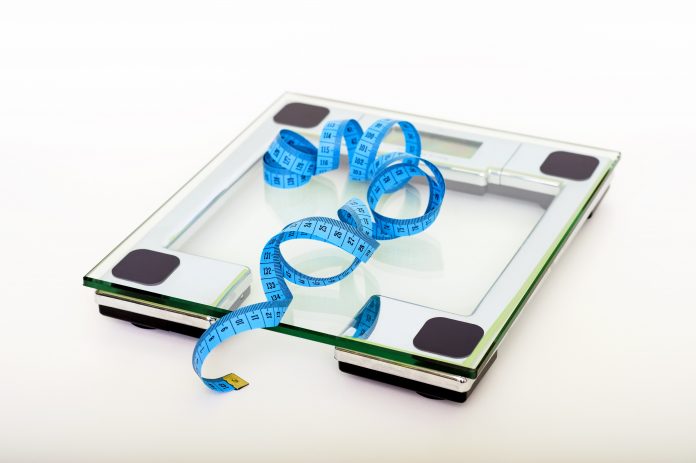Why Tracking Your Progress is Important for Successful Weight Loss
Tracking your progress is a crucial part of successful weight loss. Here are some reasons why:
Accountability: Tracking your progress helps hold you accountable for your weight loss goals. When you see progress being made, it can motivate you to keep going. Conversely, when you don’t see progress, it can help you identify where you may need to make changes to your approach.
Motivation: Seeing progress over time can be a great motivator to keep going. Celebrating small milestones can help you stay focused and committed to your weight loss journey.
Identifying Patterns: Tracking your progress can help you identify patterns in your behavior that may be impacting your weight loss progress. For example, you may notice that you tend to overeat on weekends or that you struggle to make time for exercise during the workweek. By identifying these patterns, you can work to change them and make sustainable lifestyle changes.
Personalization: Everyone’s weight loss journey is unique. Tracking your progress allows you to personalize your approach to your specific needs and goals.
The Benefits of Using a Weight Loss Tracker for Your Progress
Using a weight loss tracker can be an effective way to monitor your progress and achieve your weight loss goals. Here are some benefits of using a weight loss tracker:
Visibility: A weight loss tracker makes it easy to see your progress over time. It allows you to track your weight, measurements, and even your daily food intake. This visibility can help keep you motivated and on track.
Easy Tracking: Tracking your progress with a weight loss tracker is simple and convenient. Many trackers allow you to enter your data quickly and easily from your smartphone or computer.
Goal Setting: A weight loss tracker can help you set and achieve realistic weight loss goals. By tracking your progress, you can adjust your goals as needed to ensure that you’re making steady progress over time.
Accountability: A weight loss tracker can help hold you accountable to your goals. Sharing your progress with friends or family can provide an added layer of accountability and support.
Using a weight loss tracker can be a powerful tool for achieving your weight loss goals. It provides visibility, easy tracking, goal setting, and accountability.
How to Use a Weight Loss Tracker for Maximum Progress
Using a weight loss tracker can help you achieve your weight loss goals, but it’s important to use it effectively. Here are some tips for using a weight loss tracker for maximum progress:
Set Realistic Goals: Set realistic weight loss goals that are achievable over time. This will help keep you motivated and prevent you from feeling discouraged if progress is slower than expected.
Track Your Progress Consistently: Consistently tracking your progress is key to using a weight loss tracker effectively. Try to track your weight and measurements at the same time each week, and log your food intake daily.
Use Other Metrics: Tracking metrics such as body fat percentage and muscle mass can provide a more complete picture of your progress. Consider incorporating these metrics into your weight loss tracker.
Adjust Your Approach: Use your weight loss tracker to identify areas where you may need to make adjustments to your approach. For example, if you’re consistently overeating on weekends, consider adjusting your meal planning or exercise routine to account for this.
By using a weight loss tracker effectively, you can achieve your weight loss goals and make sustainable lifestyle changes. Set realistic goals, track your progress consistently, use other metrics, and adjust your approach as needed to maximize your progress.
























